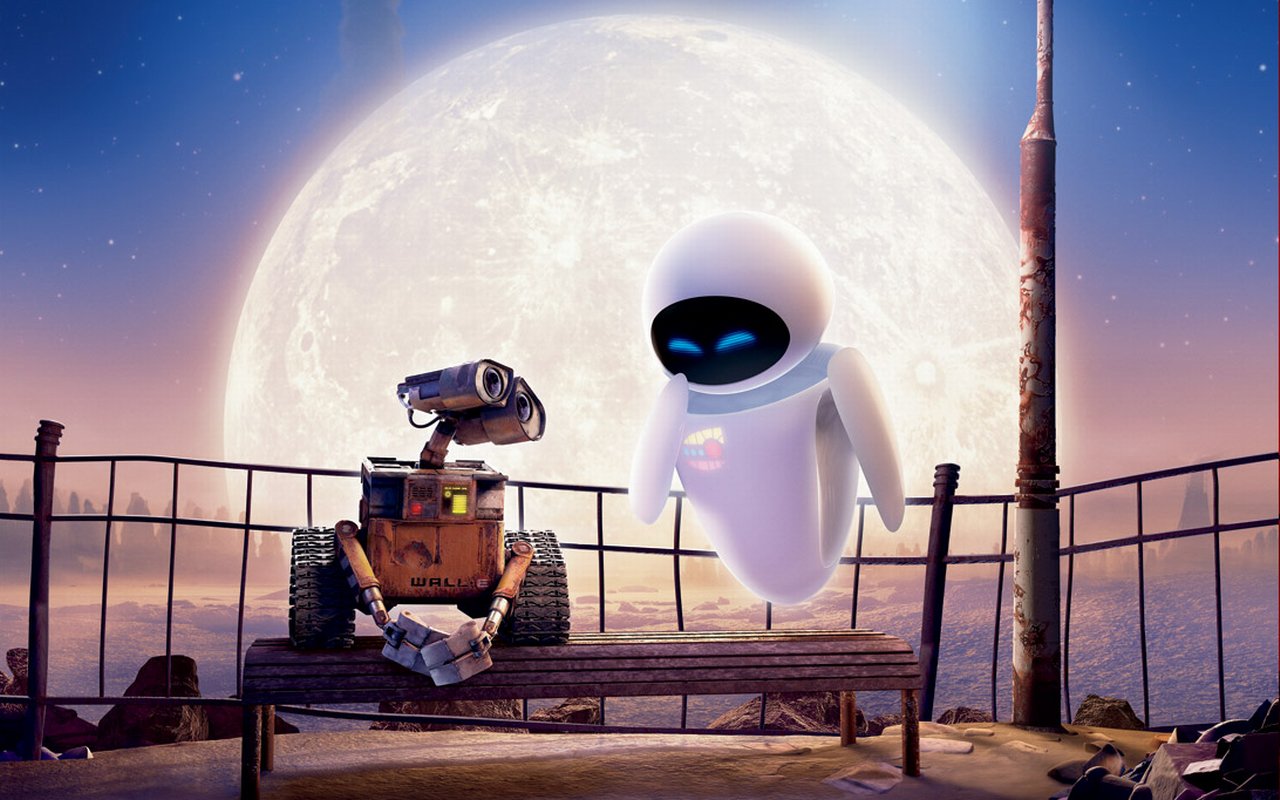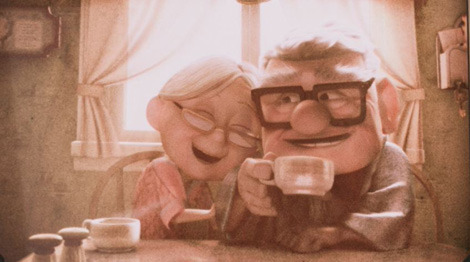I really really enjoy books.
I have been getting back into reading them lately.
College was the undoing of my leisurely reading.
Overly expensive, required reading, dryly written textbooks do our society a huge disservice.
In the years before college I poured through possibly hundreds of books.
The years following college, I could count on one hand all the books I've read. However, within the last few months I've been able to return to a high consumption level.
As a rule I DO NOT read sad books. Even kind of sad books are totally out.
But - I broke my own rule, and read The Book Thief by Markus Zusak:
It is a story about a little girl who steals books. The book is narrated by Death and set in WWII Germany so there is no fooling yourself that this might be a happy book, or that some how everyone is just fine in the end. And in fact Death (as the narrator) 'accidentally' gives away the end over and over throughout the book. This totally fools you into thinking you are going to be able to handle it, because you already know exactly what is going to happen...YOU CAN'T HANDEL IT!!! After the last 6 pages I had to get up and wash the salt off my face and from under my chin. It was worse than after swimming in the ocean.
I do not however, regret reading it in any way. There is a way that books can take you, break you, and then remake you into the person you want to be. It is one of the books that, though I may not read it again for a very long while, will have a place in my home. That I hope will be read by my children and grandchildren.
In the book the importance of words is discussed regularly.
“The words. Why did they have to exist? Without them, there wouldn't be any of this. Without words, the Führer was nothing.”
And
“I have hated words and I have loved them, and I hope I have made them right.”
Right as I was in the thick of all this discussion about words, one of the You Tuber's I follow,
Vsauce, introduced me to this nifty tool.
It is a graphing tool that compares the frequency of usage of words in books.
You can enter in names of famous figures
See how the usage of words with similar meanings change as time advances:
Here is a fun one I did:
Notice how around 1932 we were more frequently using the word 'lunch' and less frequently using the word 'supper'.
I did a study of Baker family names:
and then again with just the the three fewer used names:
Can you guess what book came out in the early nineteen hundreds?
I've had a blast with it. It is quite clever. Read through that first link to show you all the thousands of variations you can use. If you want a curious one to try, type in a few curse words. It is interesting to watch the development and preference of certain cursing over time. Also, try different labels for social issues to see the increase in discussion on those topics, or the rise and fall of interest in different economical structures, or religions.
Words can be used for good, or evil. To combine us or separate us. On my blog I try to use them positively and informatively. Words' greatest power comes from the people who listen to them. So thanks for empowering me by reading my blog :)




































